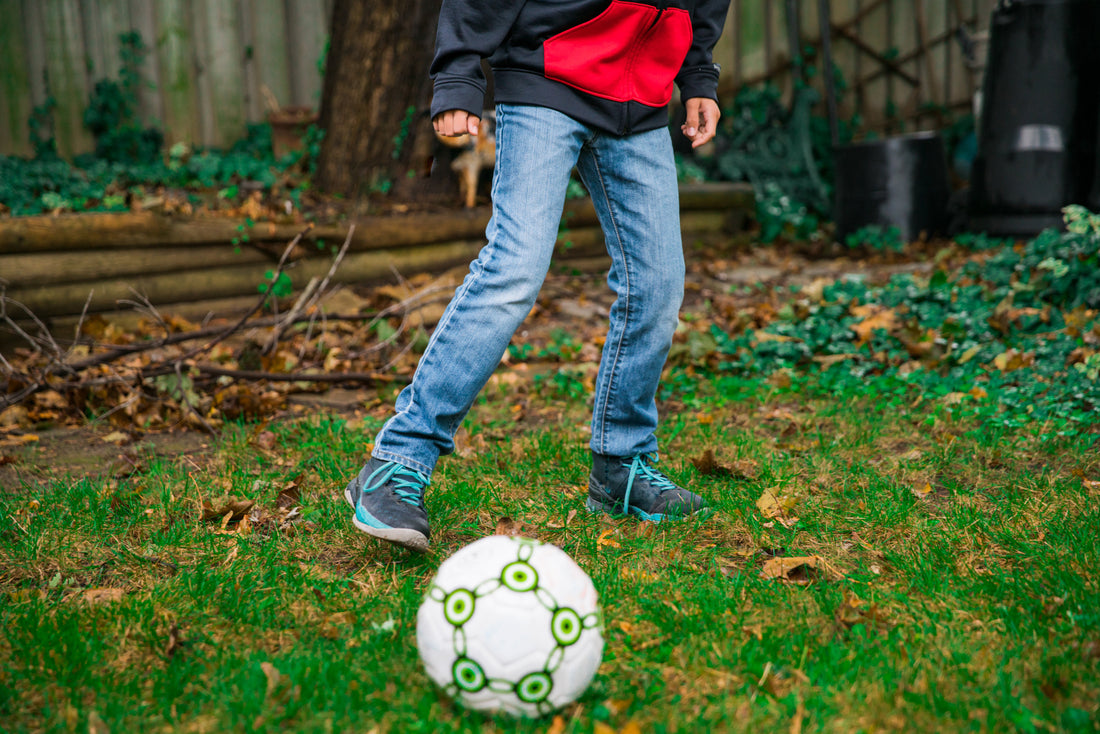I knew my firstborn had ADHD from the time she was a toddler. Since official diagnosis can’t occur until later, this gave me some lead time to start researching and planning how I could best help her when she got older. Despite all my research, I wasn’t confident my second child had ADHD until he started struggling in early elementary school.
If you suspect your child is an ADHDer, there are lots of resources for help, but it can take a while to find those. Here are some of the things our family has found most helpful.
- Get a full physical exam and a full neuropsych evaluation. So many other issues can masquerade as ADHD - vitamin deficiencies, anxiety, sleep apnea, PANDAS or PANS, PTSD, depression, OCD (Obsessive Compulsive Disorder), ODD (Oppositional Defiance Disorder), SPD (Sensory Processing Disorder), dyslexia or dyspraxia, autism, giftedness, sensory integration problems, and more. Make sure your evaluators are highly experienced in this type of diagnosis. If you receive any pushback, the diagnosis doesn’t feel right, or feel like the exam wasn’t very thorough, get a second opinion. Make them justify the diagnosis.
- Start early. States typically offer evaluations and support for kids under 3. Tap into this support system as soon as you think something may be up.
- Use all your resources. Ask for help, then ask again. Specialty therapies like OT (Occupational Therapy) and PT (Physical Therapy) can help ADHD kids overcome challenges. There are specialists in things like feeding therapy, if your child faces food challenges. A great therapist is essential for helping kids conquer their concerns and learn how to succeed. As our kids have grown, we’ve gone through several types of therapy, and our kids have benefitted from all (with one exception - I’d skip PCIT - we actually terminated halfway through because it’s not a fit for kids with ADHD or anxiety). We’ve tried TheraPlay, EMDR, PCIT (the gold standard for parenting ADHD kids), and are moving to CBT as our oldest moves into her teen years.
- Make the schools do what they should. I’ll share more about 504s and IEPs elsewhere, but while acting like they are helping, our top-rated schools have managed to throw up roadblocks and show a shocking lack of knowledge around ADHD. I have spent hours collaborating, then arguing, justifying, and even had to threaten to sue at one point. Do NOT let your children be punished for symptoms of their ADHD.
- Join Facebook groups for parents of kids with ADHD. These are both an uplift because you have shared experiences with a large group of people, and the tips and tricks learned here go beyond anything I’ve learned after years of reading and working with medical teams. Social media can help bridge gaps, solve problems, and simplify mysteries.
- Focus on the positive. Parenting ADHD kids can be frustrating, to say the least, and ADHD kids typically have thousands of more negative comments thrown at them during childhood than neurotypical kids. Break the cycle. Uplift your child and help them through their challenges.
- PHYSICAL. ACTIVITY. Involving my kids in sports has been the best intervention. High-impact sports like gymnastics are especially beneficial. We are always on the go, and they are happy and content when they get a lot of physical activity. At one point, we were able to replace my daughter’s OT with gymnastics, tumbling, and Ninja Warrior classes at a local gym - she loved every second.
- Get yourself tested. ADHD has a strong genetic component. I didn’t get diagnosed until I entered my 40s. Though I knew I had some symptoms, my ADHD presents completely different than my children’s and many of the typical ADHD descriptions. You just don’t know what you don’t know.
- Ask for accommodations in college. If your child has a 504 or IEP in high school (or even if they don’t), they can also ask for accommodations in college through the disability services office. Oftentimes this is an easier process than it is in primary school.
- Consider medicine. This is, of course, a personal decision. We tried a lot of things before we decided medicine may be beneficial for our children. It’s not just beneficial; it’s life-changing. I didn’t realize how it could make such a huge difference until I was prescribed ADHD medicine myself. It was the first time I realized that when I’m not on medicine, I have at least one or two songs plus multiple trains of thought swirling in my brain at all times. Medicine helps quiet the chatter to where I can focus.
